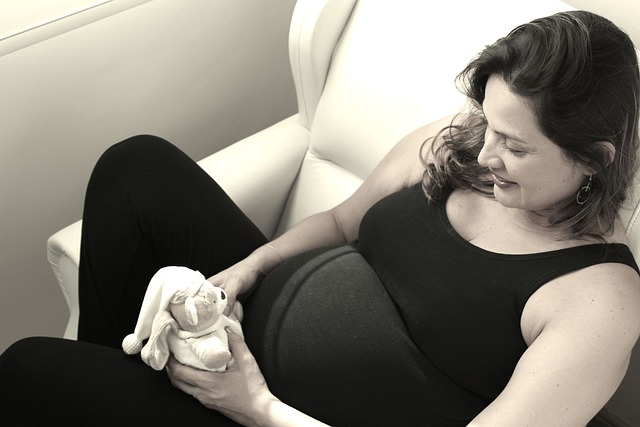Last fall, we introduced you to Alana, a breast cancer previvor and passionate advocate for women’s health. She’s also a former beauty queen and a full-time model. With the support of Dr. Samir Torres, Alana opted for IVF treatment combined with Preimplantation Genetic Testing (PGT) to minimize the risk of passing on inherited conditions to her future children.
Alana is sharing her journey to motherhood through engaging blogs and videos, hoping to demystify infertility treatments and encourage women to advocate for themselves. “I want this to resonate with other women facing similar challenges, showing them they’re not alone,” she shares.
Here’s a glimpse into Alana’s experience:
- Blog #1: My Decision to Pursue IVF
- Blog #2: The IVF “Firsts” and What to Expect
- Blog #3: A Day in the Life of IVF Injections
- Blog #4: The Egg Retrieval Process
Diving Deeper into the Egg Retrieval Experience:
When I mention that my partner, Alex, and I are going through IVF, most people get the gist: stimulating the ovaries to produce eggs, retrieving those eggs for fertilization outside the body, and transferring the resulting embryos into the uterus in hopes of achieving pregnancy. But once I mention “with PGT,” I often see puzzled expressions. So, what exactly is PGT? It stands for Preimplantation Genetic Testing, an added step in IVF that helps identify potential issues with embryos before implantation. There are two types: PGT-M, which focuses on reducing the risk of known inherited disorders (like BRCA mutations or cystic fibrosis), and PGT-A, which screens for extra or missing chromosomes.
In short, PGT enhances the chances of a successful pregnancy by ensuring that the embryo selected for transfer has the greatest potential. As someone who carries a rare genetic mutation, this gives me tremendous peace of mind. After losing family members to genetic diseases, I was determined to do everything possible to ensure my children are free from these risks. Although the idea of adding another step to the IVF process was a bit daunting, I felt reassured after consulting with Dr. Torres. Our clinic recommended Igenomix for our PGT testing, and knowing they have over 15 years of expertise put me at ease.
We decided to go ahead with both PGT-A and PGT-M. This meant we could screen for the genetic condition I carry while also checking for chromosomal abnormalities in our embryos, ensuring we covered all our bases. Surprisingly, navigating the PGT process was straightforward for me! After my egg retrieval, the embryologist assessed which eggs were mature enough for fertilization. Those mature eggs were fertilized, and the resulting embryos grew for five days. On Day 5, the embryologist checked which embryos had progressed to the blastocyst stage. The fortunate 9 were biopsied, with a small piece of genetic material removed and sent to Igenomix for testing. It sounds complicated, but I knew I was in capable hands.
After sending off the biopsied material, we entered the dreaded “Two Week Wait.” Typically, results take about two weeks, which feels like an eternity when waiting to hear about the genetic health of your embryos. My impatience began to soar…
To complicate matters, our wait turned into a THREE WEEK WAIT. Sometimes delays happen!
Finally, I received a call from Dr. Torres with the news: out of our 9 embryos, 3 were clear of both PGT-A and PGT-M issues. Alex and I were overjoyed! This meant we had banked 4 healthy embryos to begin our family journey. Since we’re hoping for 2-3 kids, having 4 embryos is a solid start for our first transfer. This process hasn’t been easy, but knowing we’ve taken steps to protect our future children brings me immense comfort.
Next up is our embryo transfer! Stay tuned for more updates!
For more insights on topics like pregnancy, you can check out this post on preeclampsia signs to look out for. If you’re interested in home insemination, Make a Mom has a comprehensive kit to help! Also, Hopkins Medicine offers excellent resources for anyone exploring pregnancy and home insemination.
In summary, Alana’s experience highlights the importance of being informed and proactive when it comes to reproductive health. With the right support and resources, the journey to parenthood can become clearer and more manageable.

